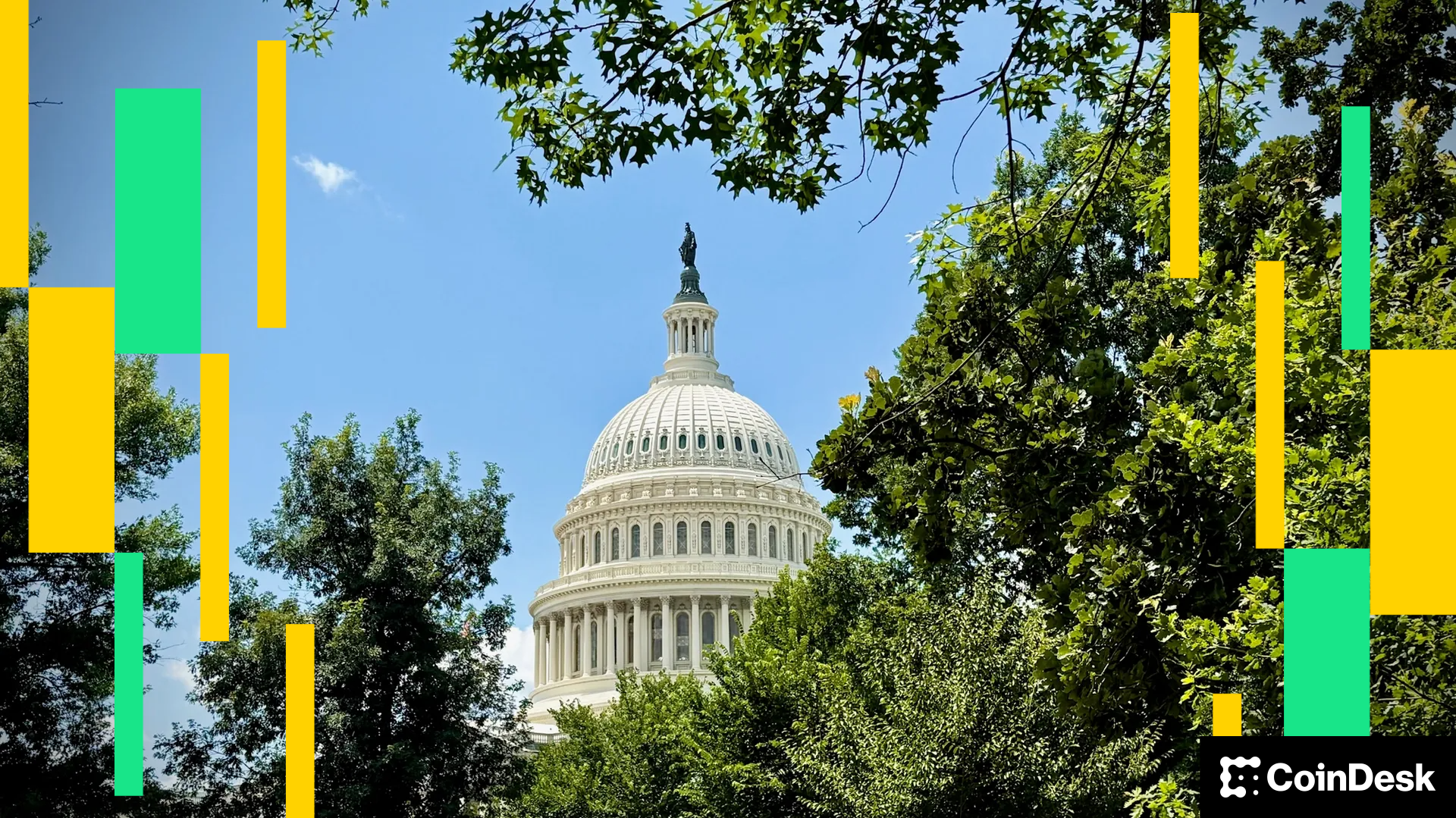
Healthy competition fosters innovation and enhances products for consumers, serving as the backbone of American economic leadership. However, with the recent signing of the bipartisan GENIUS Act, major legacy financial institutions appear to be reconsidering the potential innovations that stablecoins can introduce to financial markets. Bank lobbying groups and public affairs teams have inundated Congress with concerns regarding the law, pushing for a revisit of discussions to amend the legislation in a way that controls the rapid growth of the stablecoin market, thereby safeguarding bank profits and limiting consumer choices.
This defensive reaction is unwarranted. Instead of attempting to undermine emerging competitors with anti-innovation rules, legacy financial firms should welcome competition and provide engaging new products and services that consumers desire.
The GENIUS Act was meticulously developed through a bipartisan approach to bolster consumer protections, ensure regulatory oversight, and maintain financial stability. Movements to revoke its provisions are more about defending established banking interests from competition than about safeguarding families.
Critics express concerns that permitting stablecoins to offer rewards could trigger significant deposit outflows from community banks, with estimates soaring as high as $6.6 trillion. However, a detailed examination reveals these fears are largely unfounded. A July 2025 report from Charles River Associates found no statistically significant link between the adoption of stablecoins and deposit declines at community banks. In fact, the vast majority of stablecoin reserves remain within the traditional financial ecosystem — either in commercial bank accounts or invested in short-term Treasuries — thus continuing to enhance liquidity and credit availability in the broader U.S. economy. The pessimistic projections rely on unrealistic assumptions that every dollar of stablecoin issuance permanently exits the banking system.
Stablecoins do not drain resources from lending. Rather, their growth may actually boost inflows into the U.S. money supply over time, as noted in a Treasury Department report. This means that Americans can enjoy the advantages of modern, programmable digital dollars without compromising local credit availability.
Others have called for the repeal of Section 16(d) of the GENIUS Act, which permits subsidiaries of state-chartered institutions to conduct stablecoin business across state lines without requiring additional licenses. Repealing this crucial aspect would create a fragmented and inefficient regulatory environment that hampers interstate commerce.
Innovation has always been the heart of American capitalism — distinguishing dynamic market economies from stagnant, protected ones. Rather than attempting to exclude new market entrants, banks should strive to guarantee that both their current and prospective customers have access to innovative products and services, including more favorable interest rates on deposit accounts.
As the Federal Reserve’s target rate stands at over 4%, average checking accounts yield merely 0.07% and savings accounts 0.39%. This disparity does not signify consumer protection; it reflects the value captured by banks. Conversely, stablecoin rewards programs enable platforms to compete directly for customers, compelling incumbents to enhance their offerings. Competition benefits consumers.
The GENIUS Act establishes the U.S. as the global frontrunner in digital finance while upholding the strongest consumer protections. Congress has already deliberated and resolved these issues through thoughtful bipartisan dialogue. The law mandates one-to-one reserves in cash or Treasuries, stringent licensing and supervision, and a level of transparency that far surpasses traditional deposits. Rehashing these discussions now would jeopardize that consensus and risk slowing America’s leadership in digital finance.
Stablecoins are not a loophole; they signify an innovation that maintains the stability of the banking system while providing consumers with the advantages of competition. Policymakers should see through this fearmongering and uphold the balanced, bipartisan framework Congress has enacted.
Innovation and competition have defined American financial supremacy. It’s time to let them thrive once more — without allowing incumbent interests to hinder their promising potential. American consumers deserve nothing less.

